HomePod, Apple's smart speaker, seems to be getting less and less talked about. Recently, his name is most often mentioned in connection with unusually low sales. Why is this and what does the future of HomePod look like?
Few Apple products have had such a rocky start as the HomePod smart speaker. Despite relatively positive reviews, highlighting its sound in particular, the HomePod is not selling well at all. In fact, it's selling so poorly that Apple Story is almost hopelessly bogged down by its dwindling supply and recently even stopped ordering more in stock.
According to a report by Slice Intelligence, the HomePod accounts for just four percent of the smart speaker market share. Amazon's Echo occupies 73% and Google Home 14%, the rest is made up of speakers from other manufacturers. According to Bloomberg, some Apple Stories sold as few as 10 HomePods in one day.
It's not just the price that's to blame
It is not difficult to understand why HomePod sales are doing so poorly - the reason is the high and typically "apple" price, which in conversion is around twelve thousand crowns. In contrast, the price for an Amazon Echo speaker starts at 1500 crowns at some retailers (Amazon Echo Dot).
The second stumbling block with the Apple HomePod is compatibility. HomePod works perfectly with the Apple Music platform, but when it comes to connectivity with third-party platforms, there is a problem. To control services such as Spotify or Pandora, users cannot use voice commands through Siri, an iOS device is required for setup.
Although Siri is part of the HomePod, its use is considerably poorer than that of Alexa or Google Assistant. Siri on the HomePod can perform basic commands related to controlling Apple Music or devices in the HomeKit platform, but compared to its competitors, it still has a lot to learn.
Last but not least, we can't forget the fact that features like AirPlay2, which allows users to connect two HomePods together, have been postponed indefinitely. But the next-generation streaming protocol is present in the beta version of the iOS 11.4 operating system, which suggests that we might not have to wait too long for its official, full-fledged arrival.
Nothing is lost
However, weak demand for HomePod does not necessarily mean that Apple has hopelessly and irretrievably lost its battle in the field of smart speakers. Using the example of the Apple Watch smart watch, we can clearly see that Apple has no problem learning from its mistakes and properly pushing its products back to prominence with the help of constant innovation.
There has been speculation of a cheaper, smaller HomePod, and Apple has additionally enriched the ranks of its staff, focused on artificial intelligence, with the head of Jihn Giannandera. His task will be to take care of the right strategy, thanks to which Siri will be able to boldly compete with its counterparts in the market.
The leading position in the respective segment still belongs to Google and Amazon, and Apple still has a lot of work ahead of it, but it is not unachievable - it certainly has enough resources and potential for it.
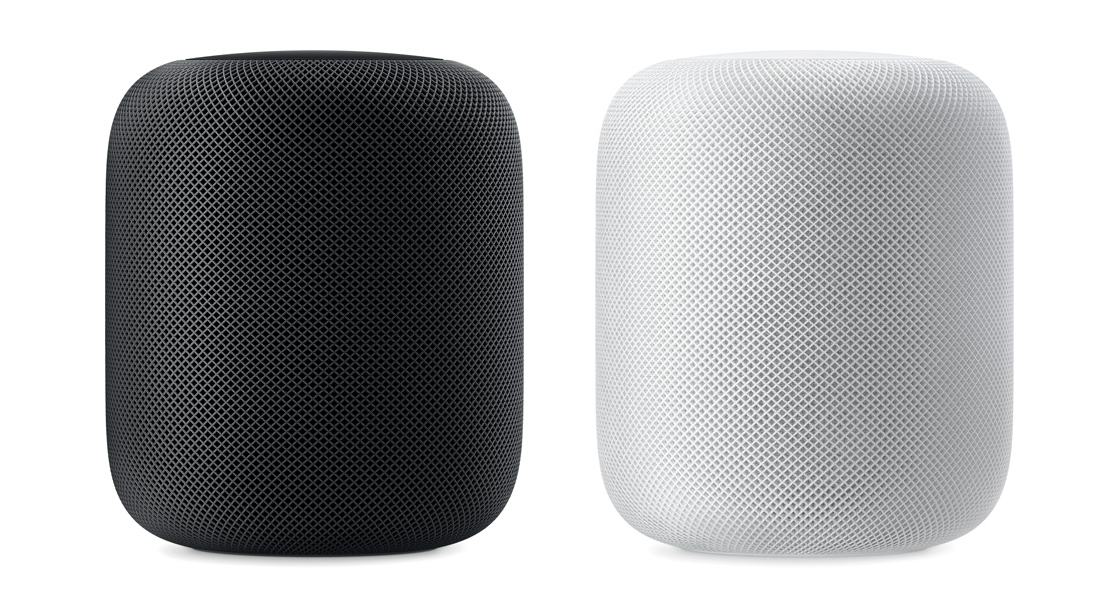
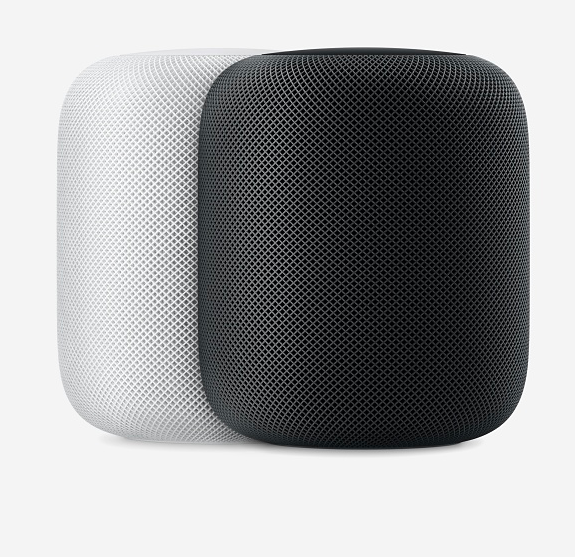
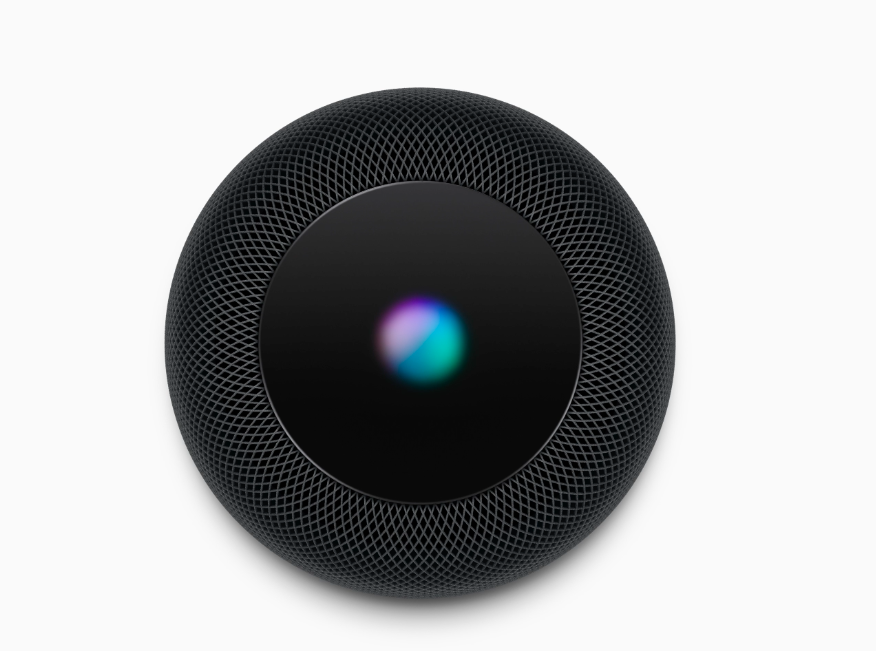
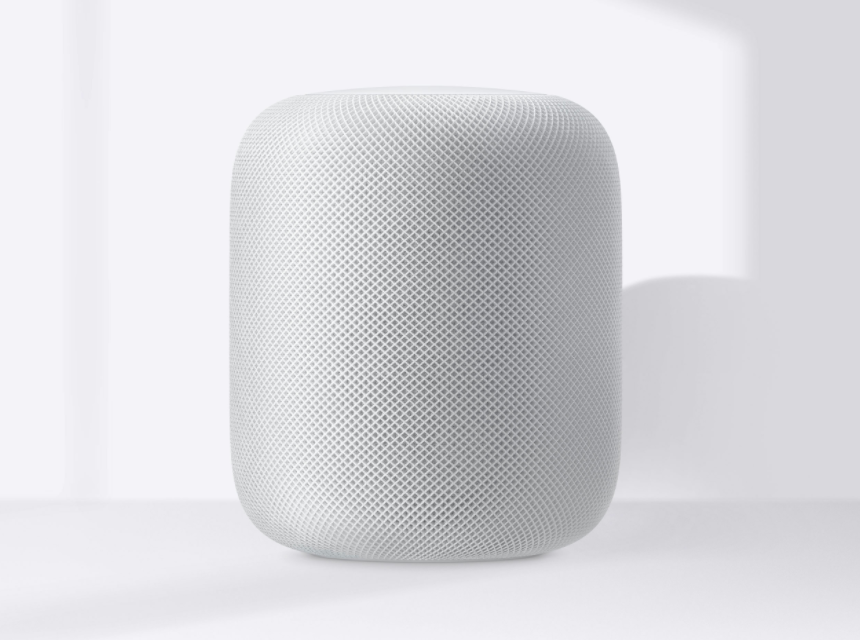
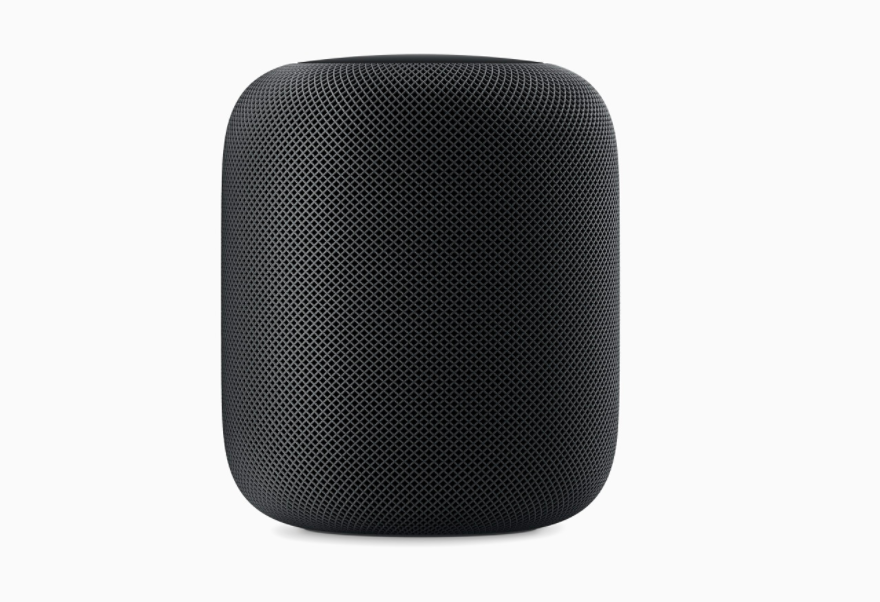
Dear Amayo, sell it in America, England and Australia ;-) How many Germans do you think will buy the English version? Those are ratings again :-D
I bought how you write the English version, because it is exactly the same as the Czech version will be. You just need to stop writing crap and learn English, I point out that it needs good pronunciation and knowing well the names of groups, songs and what I want to play, then it works great.
I went to see the HomePod a while ago and was surprised by its size. It's a slob, but judging by the weight, it's no ordinary plastic. Unfortunately I didn't hear him. I wonder why, if it is sold so badly, it is not yet available in the Czech Republic.
That's why no one buys it because it's crap - it has no real use.
Nice article. It just looks like some Wong stole it from you and put it on his site, some Mashable or something. Bastard. https://mashable.com/2018/04/12/apple-homepod-sales-poor/#TCslKpt2PZql
Nice, so a normal translation, not an article :-)
It's a blast for me and it really worked..
Amaya – how long have you been using the HomePod to write so insightfully about it?